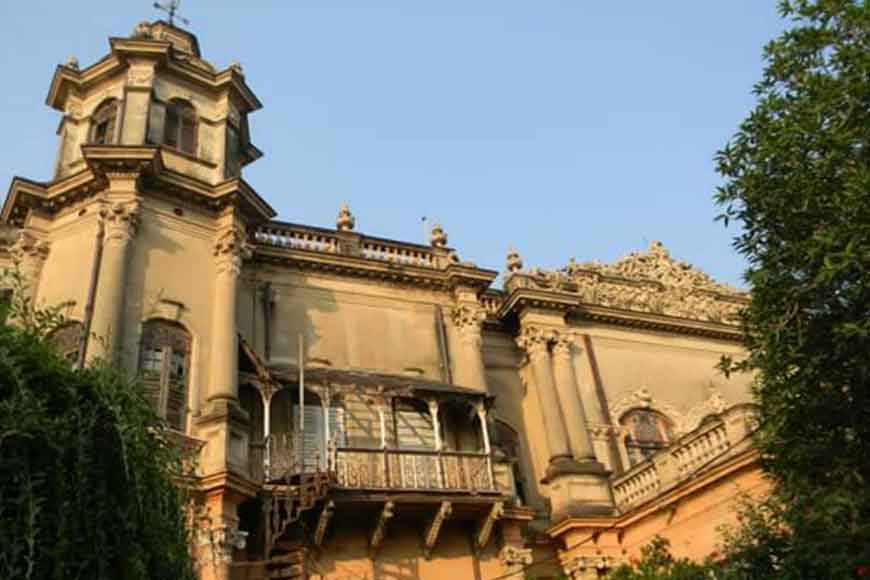Bengal’s town where Bhadu gaan originated

For me road is the endless journey to that unknown. And hence I often indulge on weekend road-trips whenever I get some free time and Bengal has so many hidden treasures in every district. On one such road journey to Purulia, I had stumbled upon the tale of Bhadu and how Bhadur Gaan originated in Bengal.

Kashipur is a community development block that forms an administrative division in Raghunathpur subdivision of Purulia district. The Jaina Bhagavati-Sutra of the 5th century AD mentions that Purulia was one of the sixteen mahajanapadas and was a part of the kingdom known as Vajra-bhumi in ancient times. In 1833, Manbhum district was carved out of Jungle Mahal with headquarters at Manbazar. In 1838, the headquarters was transferred to Purulia. In 1956, Manbhum district was partitioned between Bihar and West Bengal. Bhadu is a common lok gaan or folk music of Bengal and Purulia’s Kashipur Rajbari still stands as a testimony to the origin of this popular song form.

Legend says a divine orphan was once found by the village headman and he was caught taking the orphan home by none other than the area’s king Nilmoni Singh. Nilmoni had a habit of doing the rounds of his kingdom in disguise to find out if his subjects are living happily. When he saw the girl with the angel face, he was instantly charmed and decided to adopt her as his daughter. But the village headman was also attached to the baby and since he had found the girl and refused to part with her, the king allowed her to stay back in the village, instead of taking her to the palace.

The girl grew up to be a pretty woman and everyone adored her, including the king for her sweet nature. Some say, she was a re-incarnation of Goddess Lakshmi, known as Bhadardebi in Purulia. Bhadu fell in love with a local boy, but the king did not approve of this match and put the boy behind bars. Bhadu was very sad and went on singing sad songs with tears in her eyes. She prayed for the release of her lover. These songs came to be known as Bhadu songs.

But the king himself was imprisoned by the British as he had joined the freedom movement of Bengal. When the king was released from prison, he came back to Kashipur and thought of releasing Bhadu’s lover from jail. But it was too late as both lovers were dead by then. Interestingly, famous poet and author Madhusudan Dutta was once upon a time dewan of Kashipur Rajbari. The imposing structure still stands as a testimony to the immortal Bhadu songs and the tragedy of the lovers.











